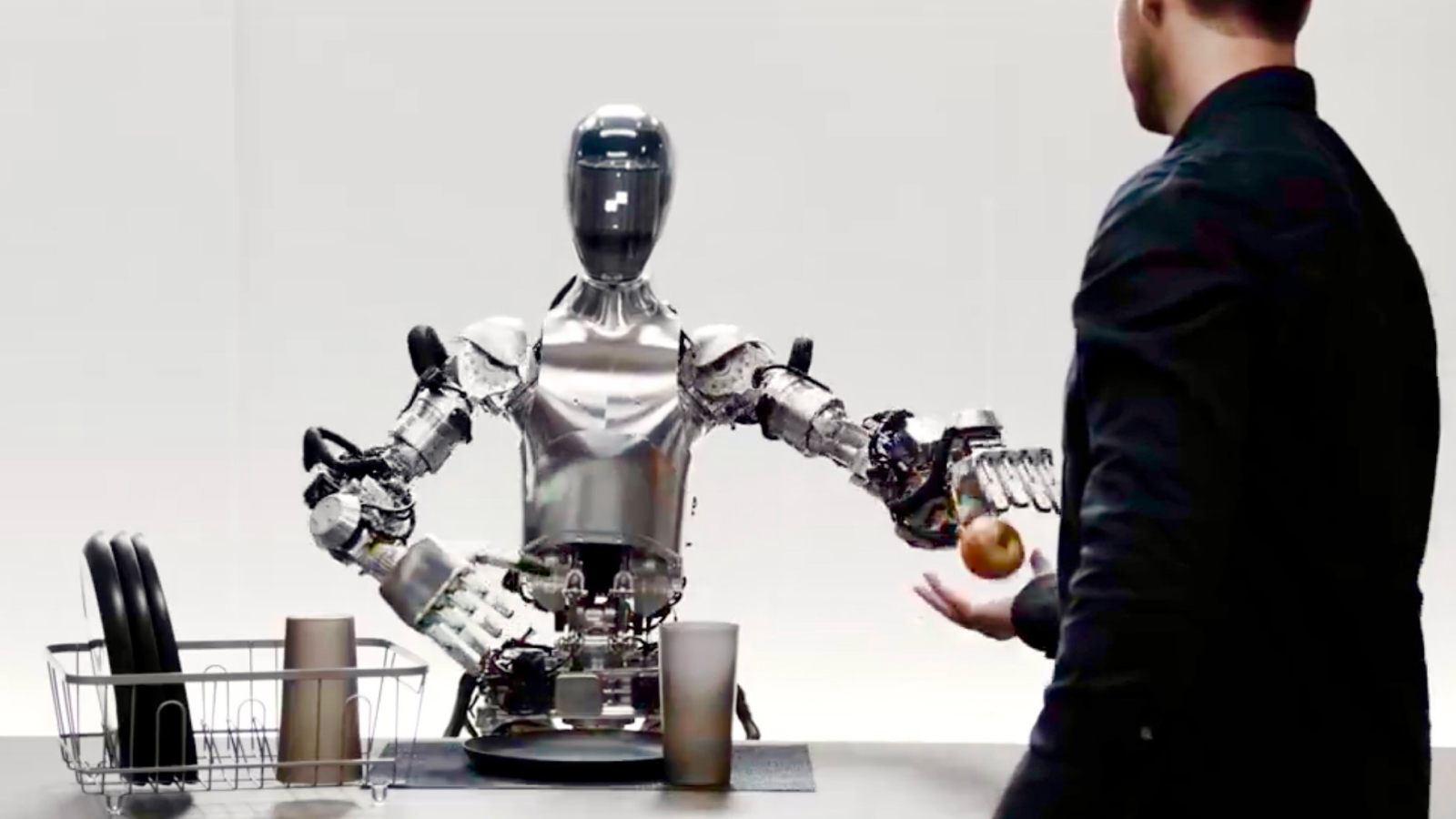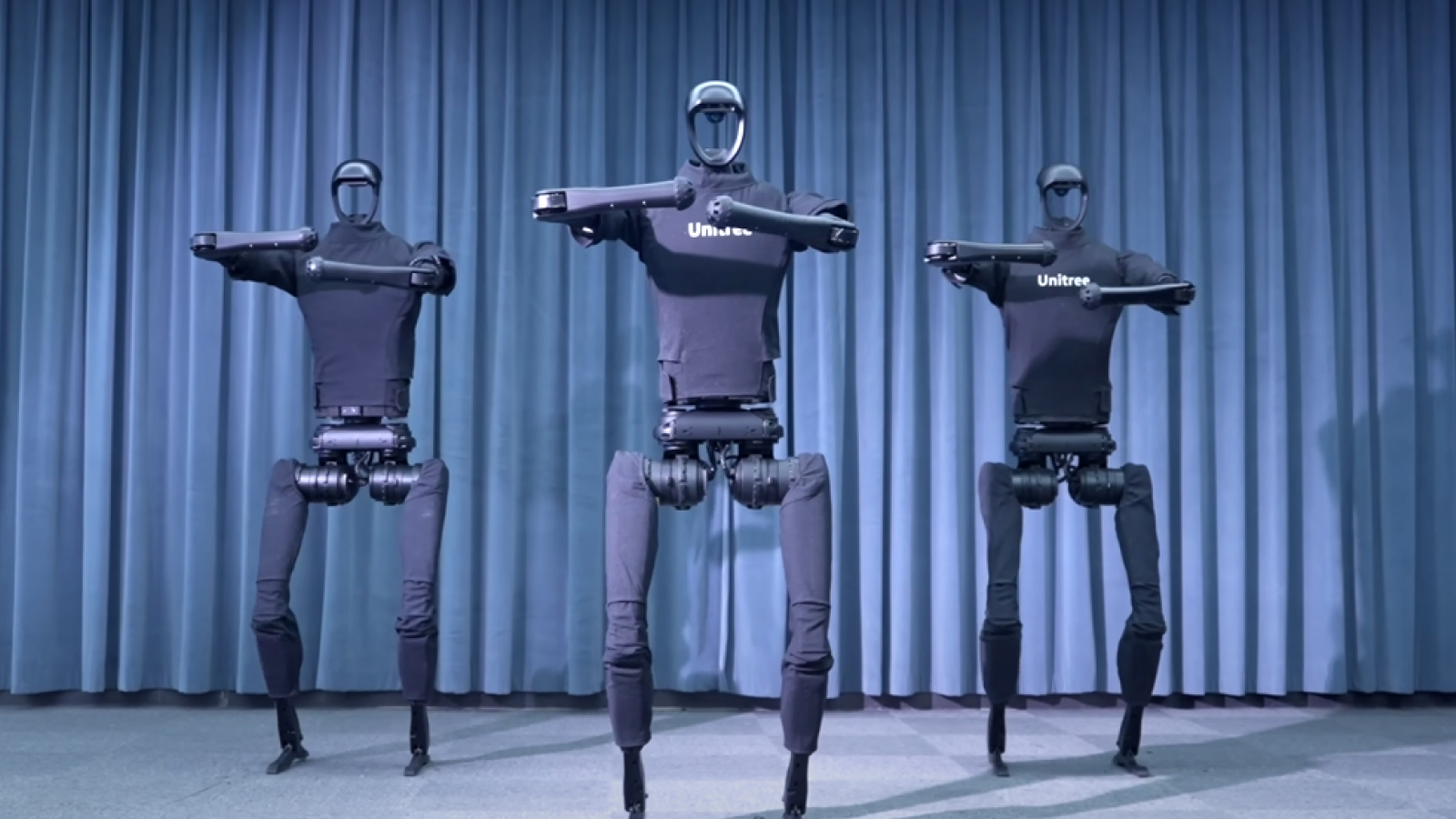
Drew Turney
Drew is a freelance science and technology journalist with 20 years of experience. After growing up knowing he wanted to change the world, he realized it was easier to write about other people changing it instead. As an expert in science and technology for decades, he’s written everything from reviews of the latest smartphones to deep dives into data centers, cloud computing, security, artificial intelligence (AI), mixed reality and everything in between. He's also written about brain science and psychology as well as space flight, robotics, materials and sustainability, and a breadth of other topics.
After starting out reviewing laptop computers for the daily newspaper, Drew has written about and kept up to date with every major technological and scientific advance of the last few decades. Whether it’s recounting the pop culture phenomenon of the weeks before Skylab’s fiery return or explaining what makes recommendation engines tick, his specialty lies in making science and technology accessible to anyone from a general readership to executives, engineers, scientists and programmers already working in the industry.
Latest articles by Drew Turney

Scientists discover major differences in how humans and AI 'think' — and the implications could be significant
By Drew Turney published
Study finds that AI fundamentally lacks the human capability to make creative mental connections, raising warning signs for how we deploy AI tools.

Traumatizing AI models by talking about war or violence makes them more anxious
By Drew Turney published
A recent study exposing AI models to carefully designed prompts around trauma revealed they can get anxious, potentially affecting the conversation and having negative impacts on people who use such models to discuss their mental health.

People find AI more compassionate than mental health experts, study finds. What could this mean for future counseling?
By Drew Turney published
People find AI more compassionate and understanding than human mental health experts, a new study shows. Even when participants knew that they were talking to a human or AI, the third-party assessors rated AI responses higher.
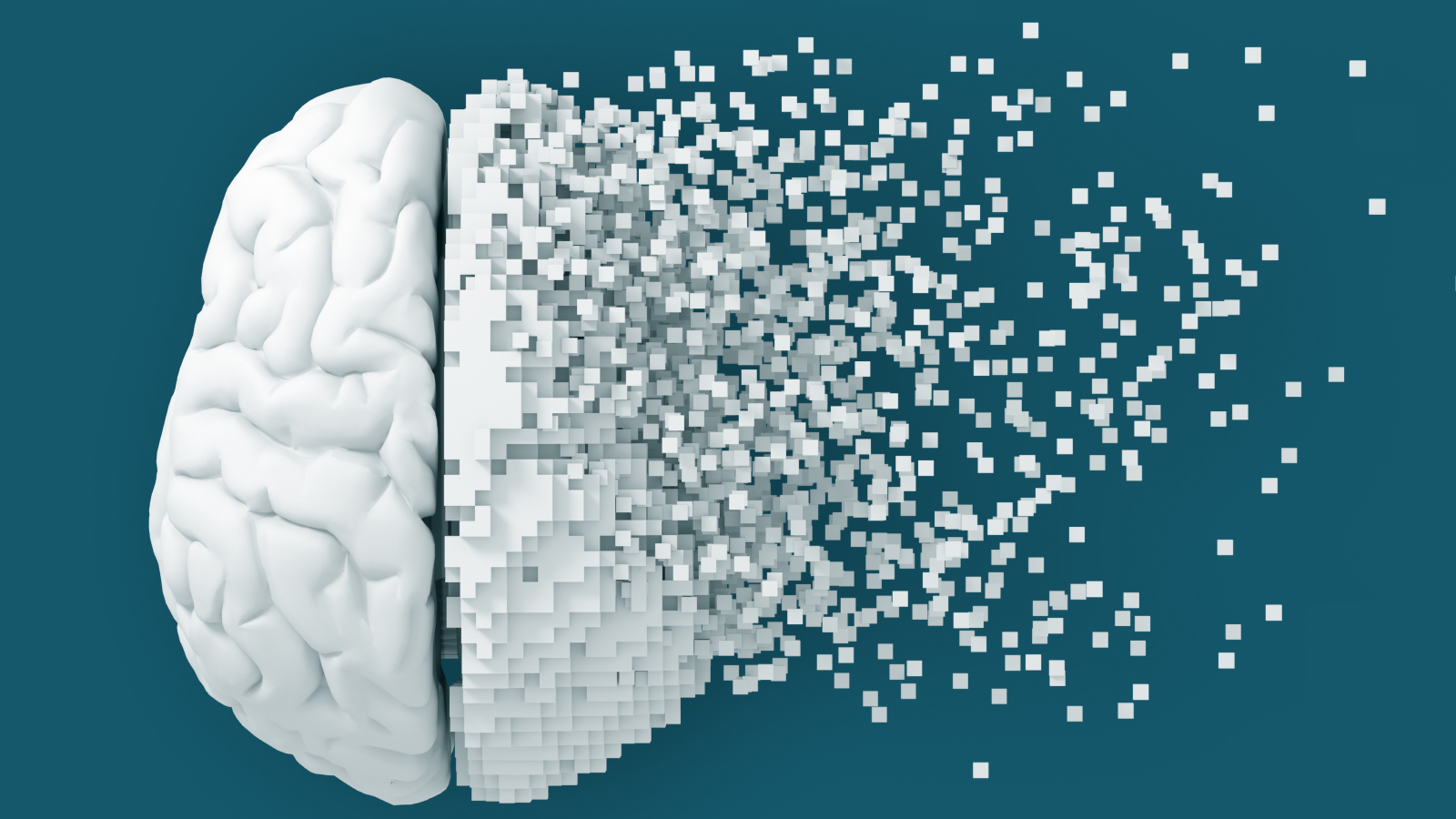
Older AI models show signs of cognitive decline, study shows — but not everyone is entirely convinced
By Drew Turney last updated
Older chatbots show signs of cognitive impairment, failing on several important metrics in a test normally used on humans.
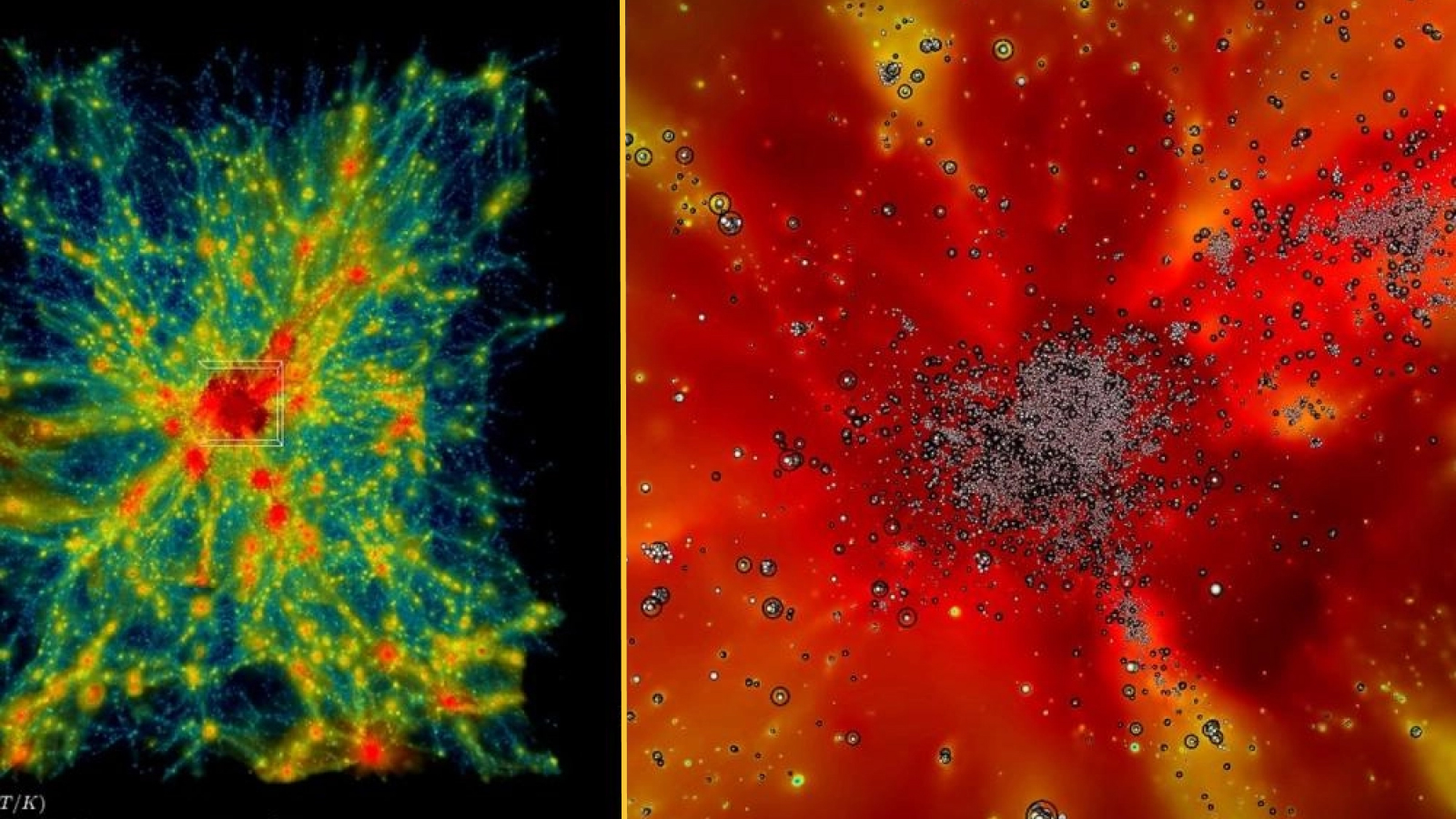
Supercomputer runs largest and most complicated simulation of the universe ever
By Drew Turney published
Frontier, the second fastest supercomputer in the world, used dark matter and the movement of gas and plasma rather than just gravity to model the observable universe.

How long does it take to travel to the moon?
By Drew Turney published
The answer depends on many factors, including the amount of fuel needed, the moon's orbit and the mission's objectives.
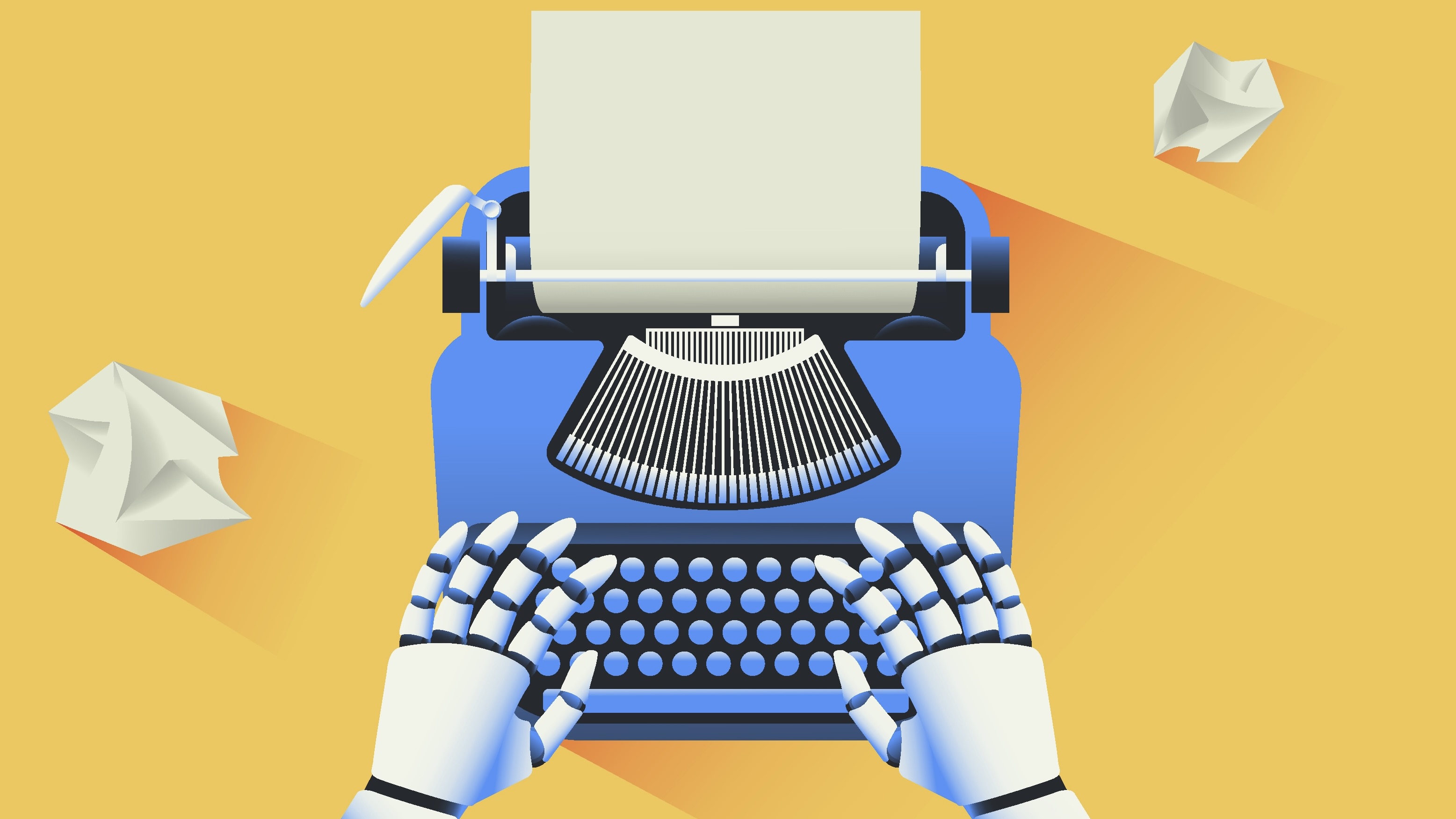
We are instinctively turned off by stories labeled 'AI-generated' — even if they were secretly written by other people, study finds
By Drew Turney published
Even when a creative work is made by humans, we think it’s missing a key element of art if we think it's been written by an AI — that capacity to fully immerse you in the world being created.

'Future You' AI lets you speak to a 60-year-old version of yourself — and it has surprising wellbeing benefits
By Drew Turney published
An MIT-led project asked young users to talk to an AI-powered simulation of their 60-year-old selves through a chatbot interface. The experience led to decreased anxiety and a boost in optimism.

Common AI models believe racist stereotypes about African Americans that predate the Civil Rights movement — and they 'try to hide it when confronted'
By Drew Turney published
When exposed to terms common in different racial dialects, large language models make racist assumptions about people from particular racial groups, even without explicitly knowing their race.
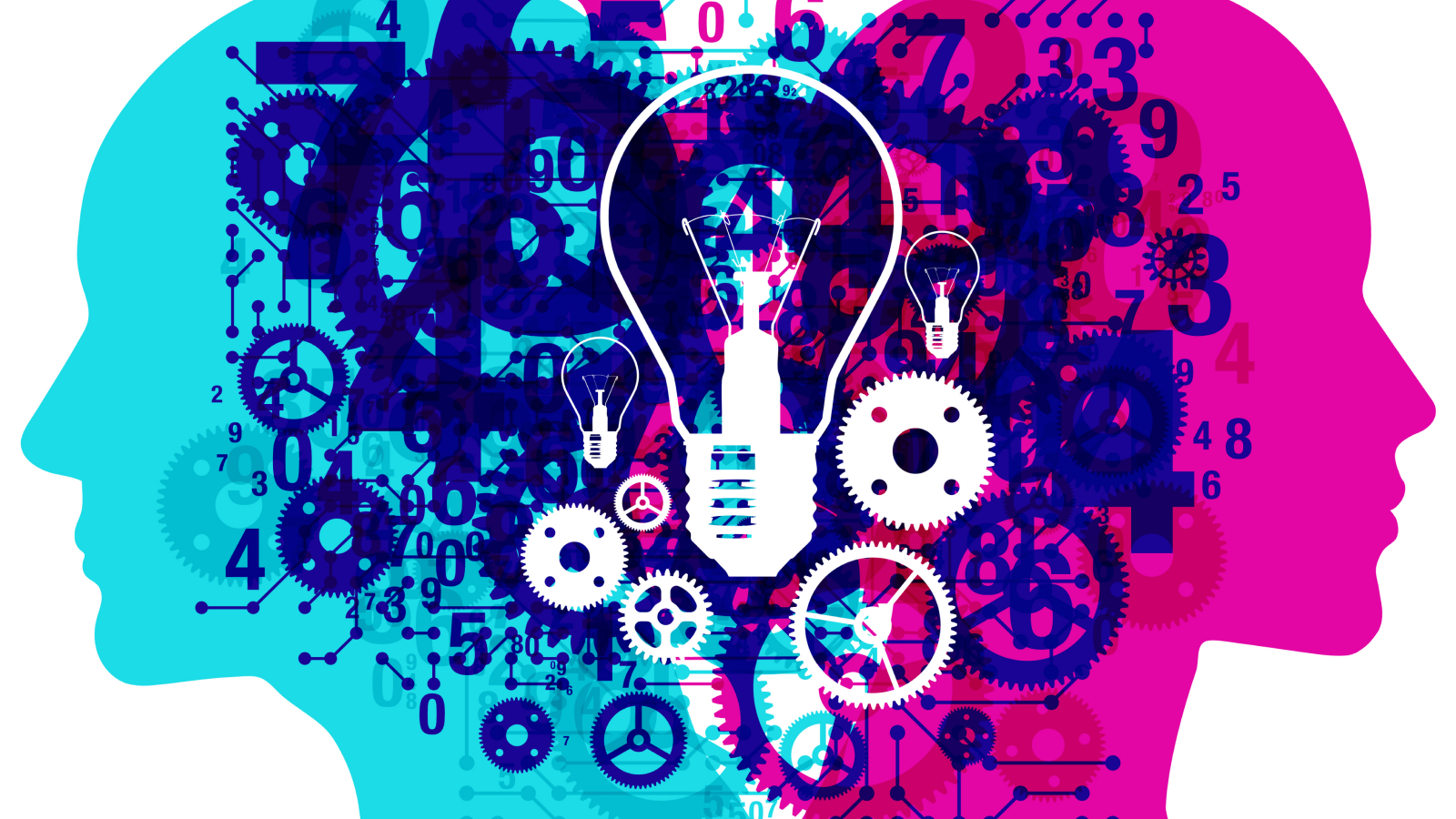
Would you prefer AI make major life decisions for you? Study suggests yes — but you'd be much happier if a human did it
By Drew Turney published
Most people much prefer algorithms to make decisions about the redistribution of resources — but they see the outcomes of human-made decisions as more favorable.

New in-vehicle AI algorithm can spot drunk drivers by constantly scanning their faces for signs of intoxication
By Drew Turney published
An in-vehicle camera can continuously watch you for signs of intoxication, with a new AI algorithm pinpointing your level of drunkenness with a 75% accuracy.
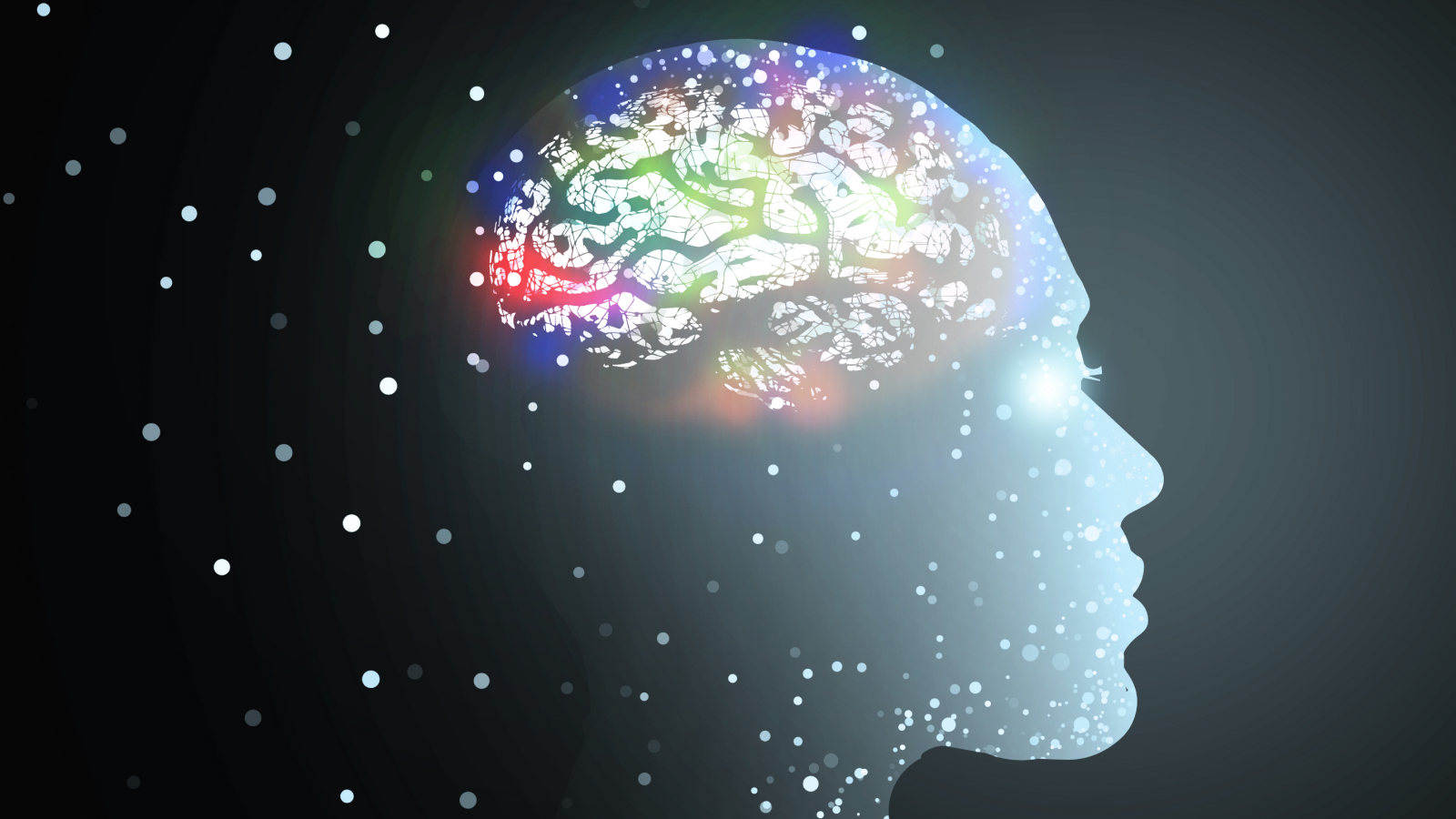
Most ChatGPT users think AI models have 'conscious experiences'
By Drew Turney published
The more people use tools like ChatGPT, the more likely they are to think they are conscious, which will carry ramifications for legal and ethical approaches to AI.

New AI algorithm flags deepfakes with 98% accuracy — better than any other tool out there right now
By Drew Turney published
Recent research into methods for spotting AI-generated video looks for specific markers not found in standard digital images.
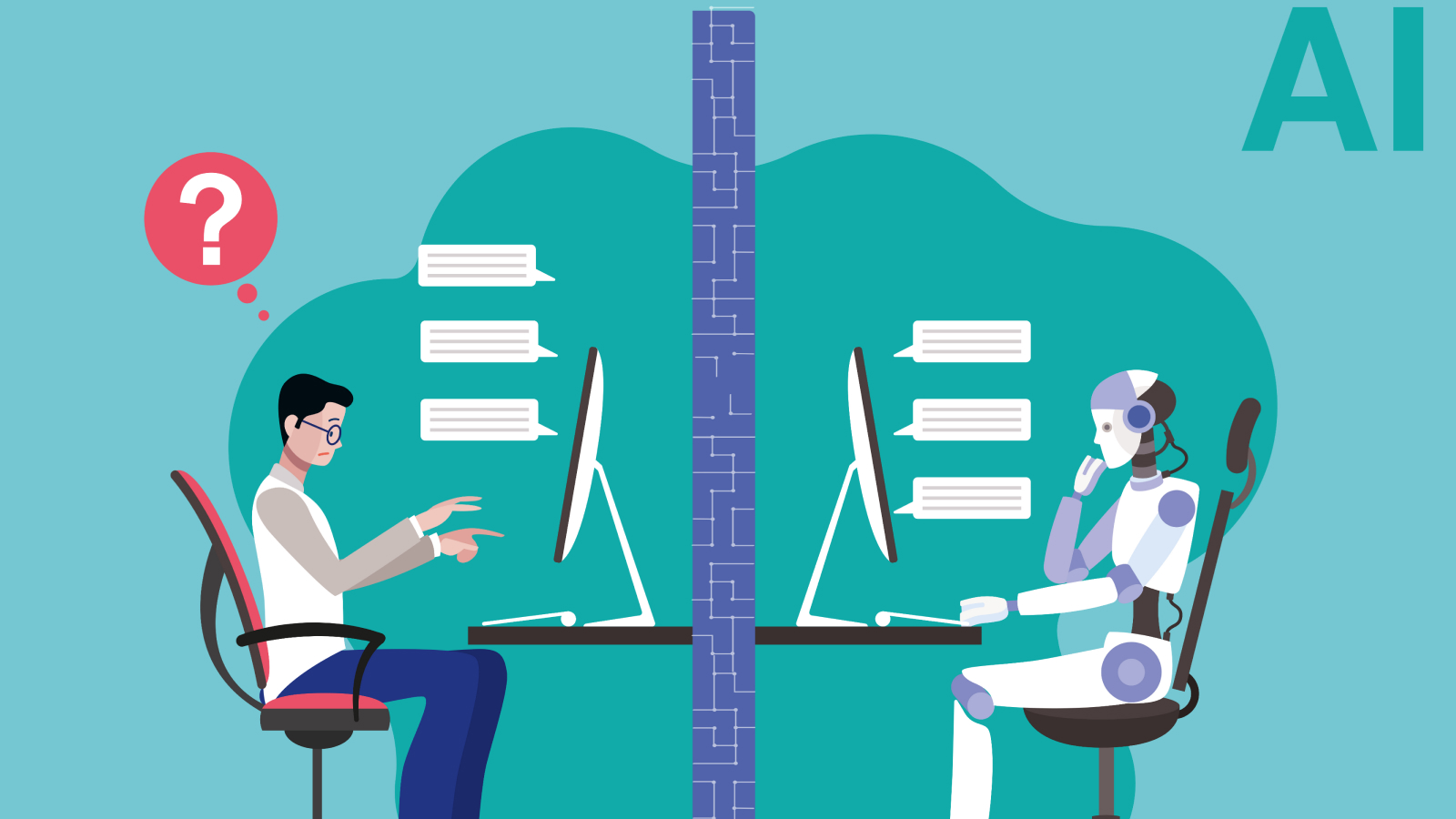
GPT-4 has passed the Turing test, researchers claim
By Drew Turney published
Most people couldn't distinguish ChatGPT from a human responder, suggesting the famous Turing test has been passed for the first time.

Noise-canceling headphones can use AI to 'lock on' to somebody when they speak and drown out all other noises
By Drew Turney published
Using only a small embeddable computer, microphone-equipped consumer headphones can block out all environmental sounds apart from a single target voice — even if it moves around.

Quantum internet breakthrough after 'quantum data' transmitted through standard fiber optic cable for 1st time
By Drew Turney published
The study used a specialized photon source to transmit, store and retrieve quantum data, a major component of quantum data transmission.
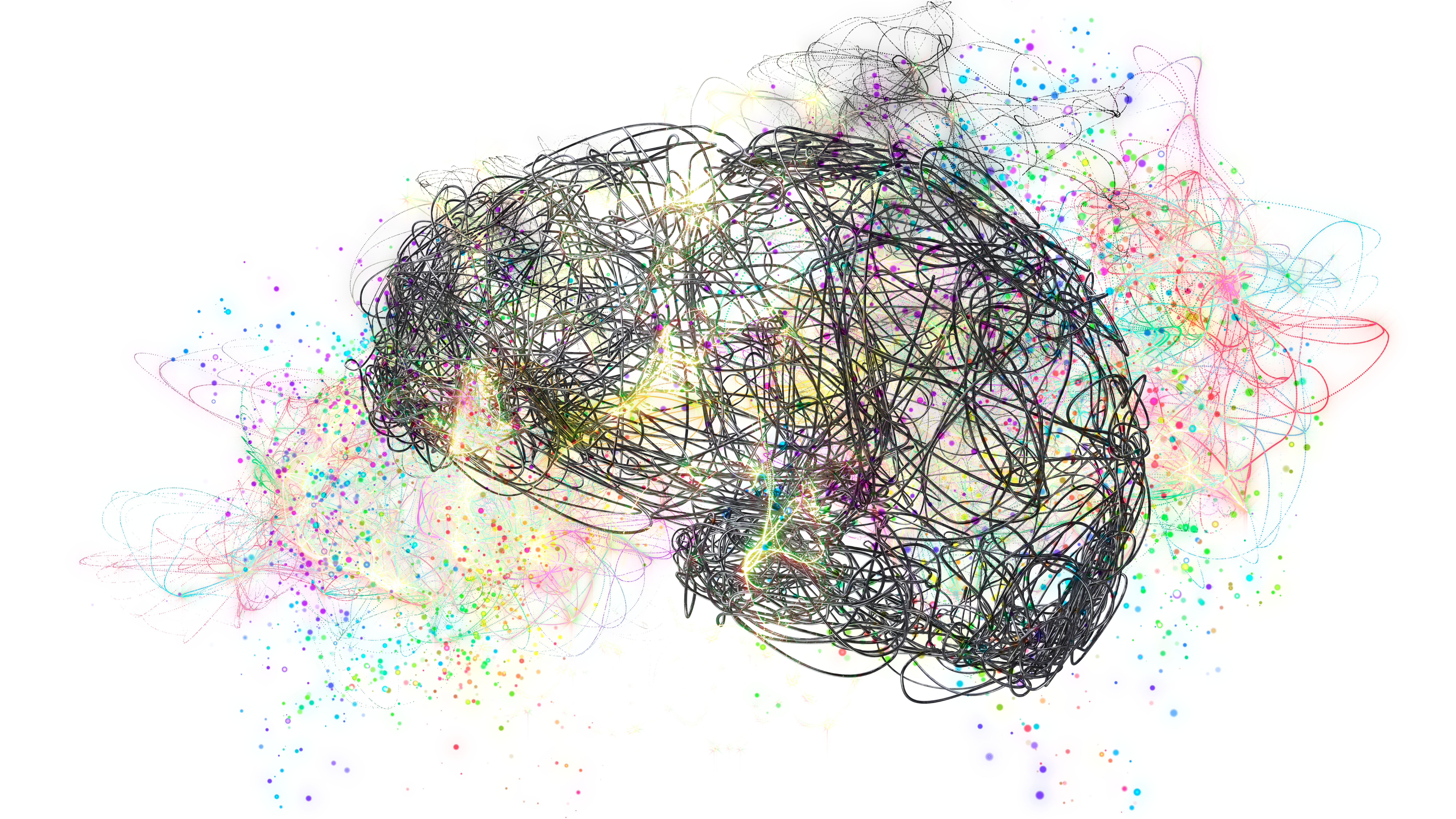
AI can 'fake' empathy but also encourage Nazism, disturbing study suggests
By Drew Turney published
AI chatbots and large language models struggle to convey genuine empathy, and in some cases even encourage toxic belief systems like facism.
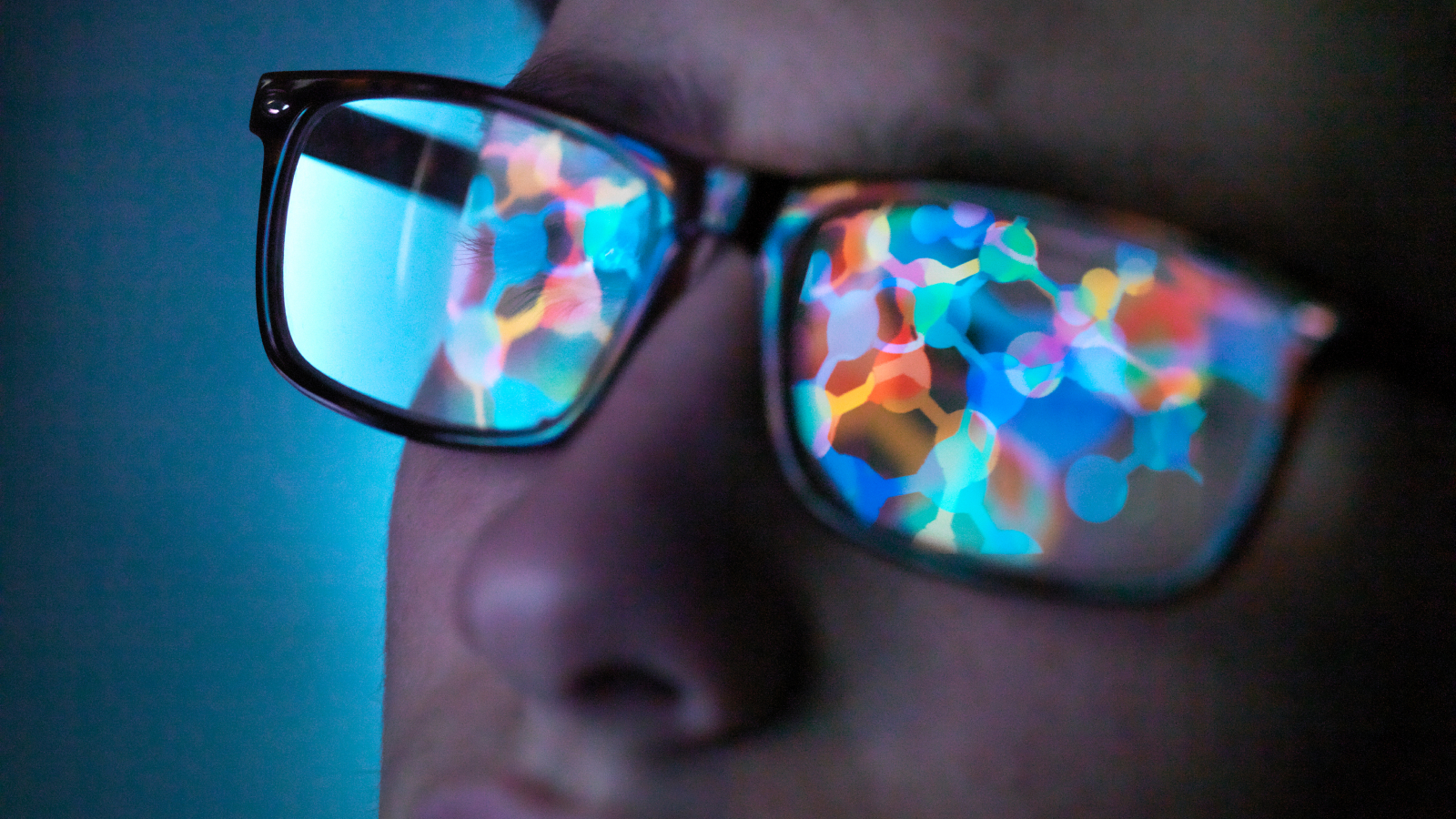
New display tech paves the way for 'most realistic' holograms in regular eyeglasses
By Drew Turney published
Building on current holographic technology, a team of optical display experts have invented a way to improve 3D displays that's small enough to work in regular glasses.
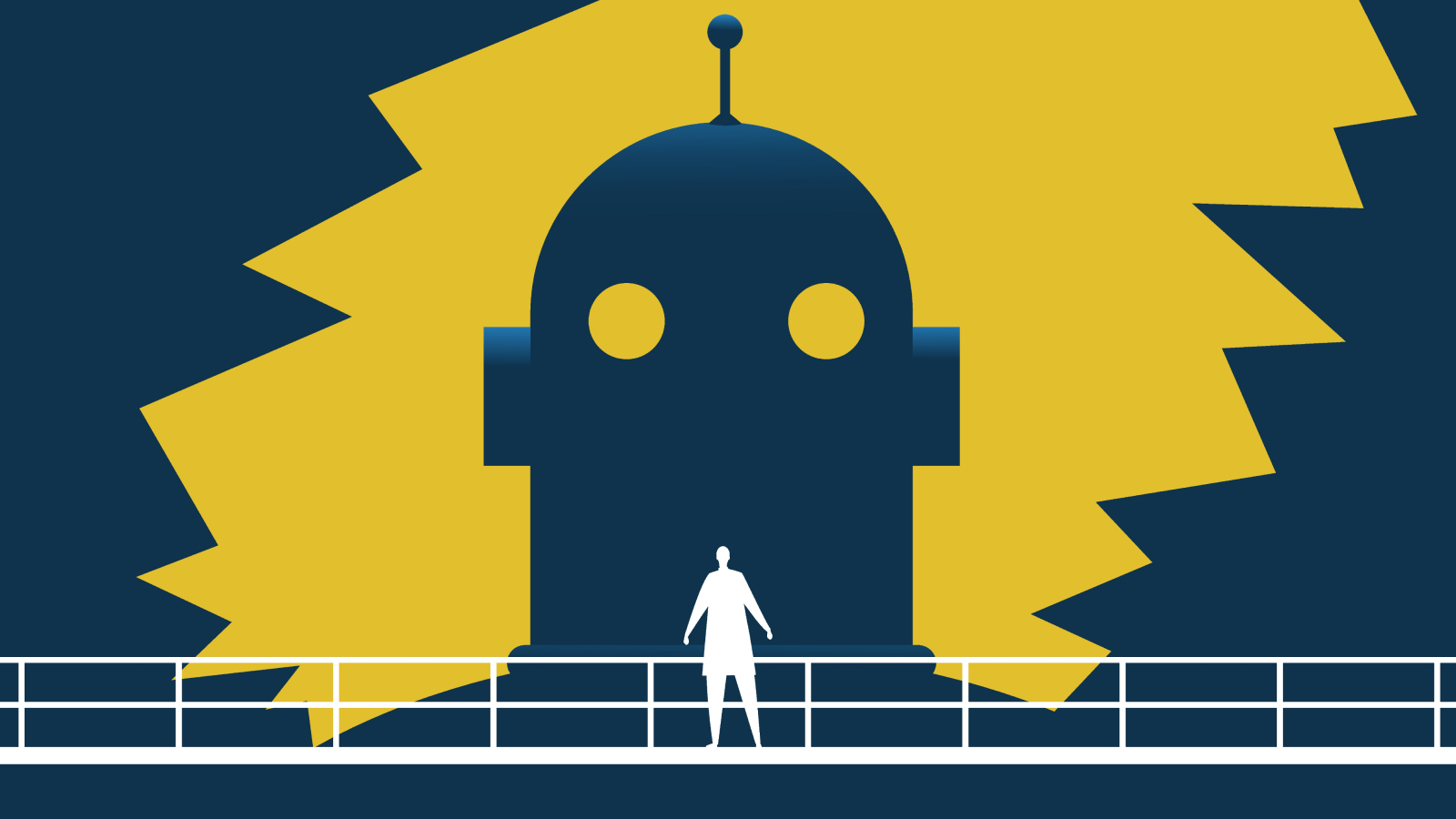
Scientists create 'toxic AI' that is rewarded for thinking up the worst possible questions we could imagine
By Drew Turney published
Researchers at MIT are using AI to train AI not to give toxic responses, using a new method that replicates human curiosity.

Google builds an AI model that can predict future weather catastrophes
By Drew Turney published
A new system uses generative AI to predict weather faster and more cheaply than ever — while detecting difficult-to-spot extreme weather events — beating the world's major weather agencies.

Ultrafast laser-powered 'magnetic RAM' is on the horizon after new discovery
By Drew Turney published
Researchers have found an elemental physical interaction between light and magnetism that might lead to the next generation of computing memory.
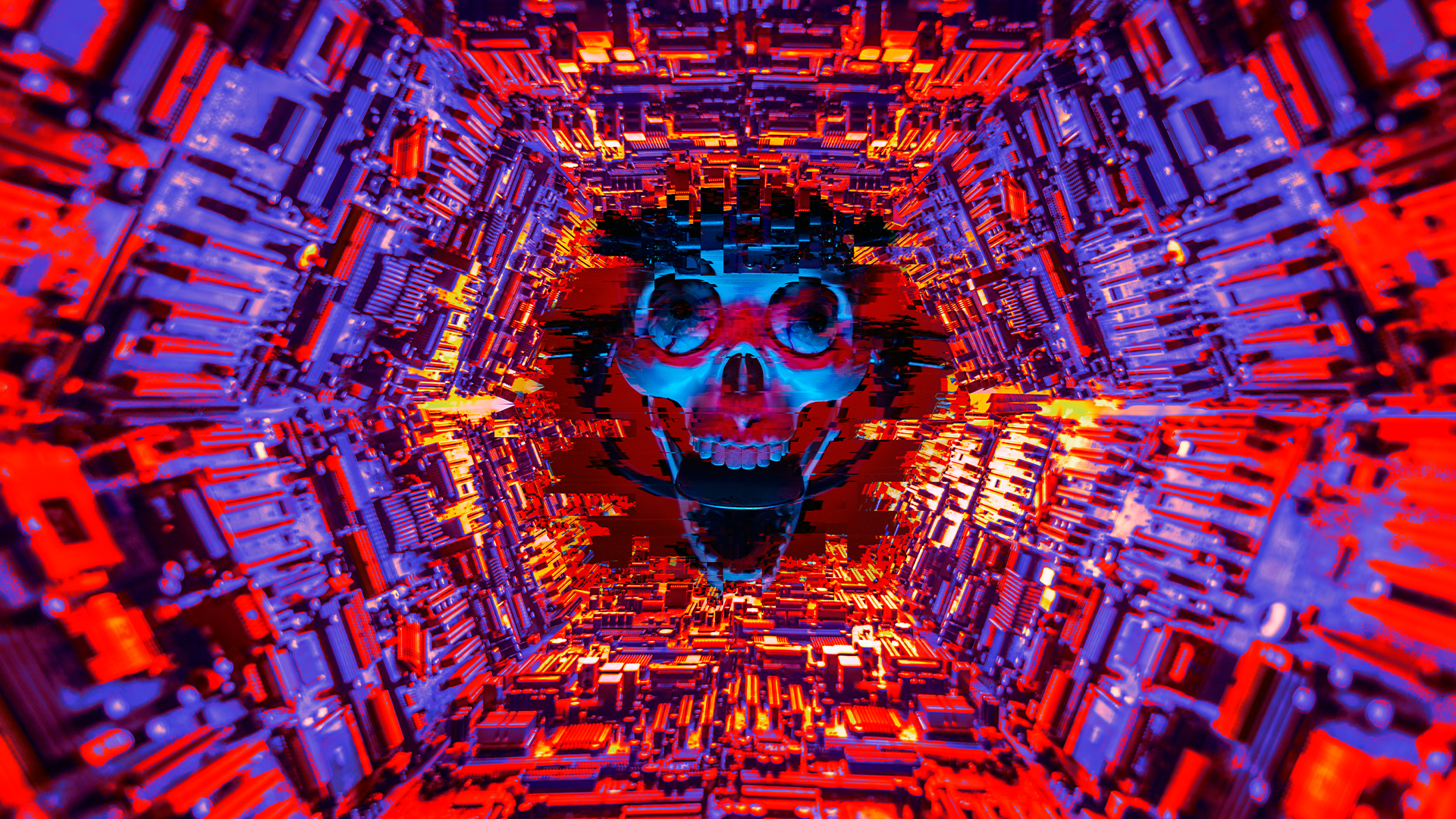
'Jailbreaking' AI services like ChatGPT and Claude 3 Opus is much easier than you think
By Drew Turney published
AI researchers found they could dupe an AI chatbot into giving a potentially dangerous response to a question by feeding it a huge amount of data it learned from queries made mid-conversation.

VR headsets vulnerable to 'Inception attacks' — where hackers can mess with your sense of reality and steal your data
By Drew Turney published
Popular VR headsets like the Meta Quest or Apple Vision Pro can be broken into, with hackers adding fake experiences called "inception layers" that let them manipulate how a user behaves.
Sign up for the Live Science daily newsletter now
Get the world’s most fascinating discoveries delivered straight to your inbox.
